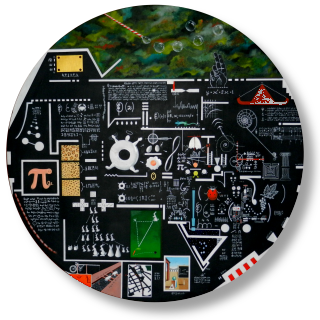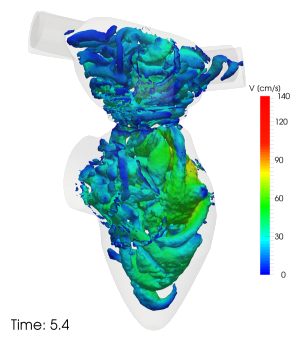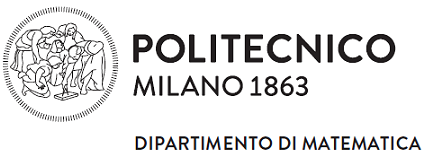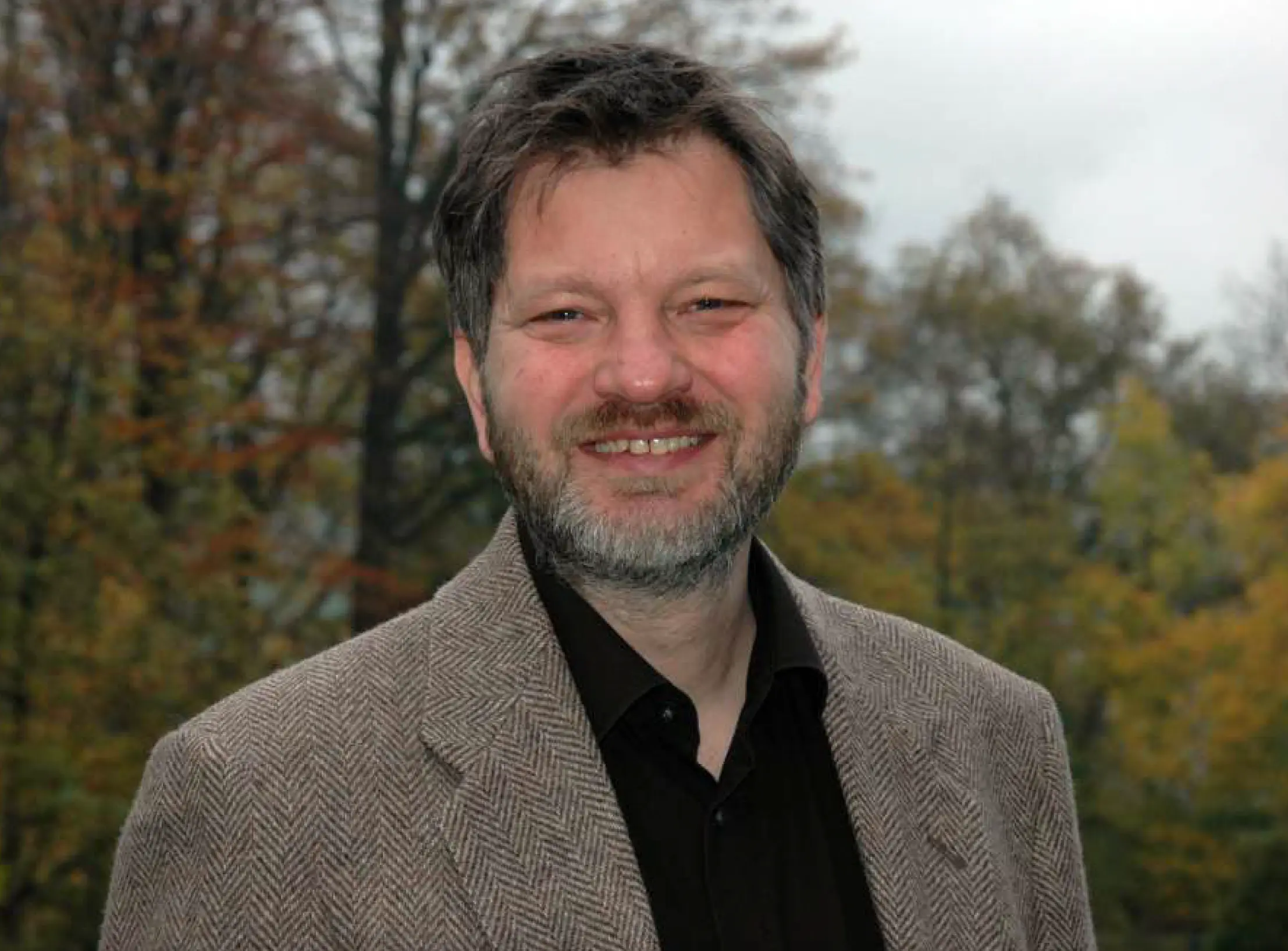The Department of Mathematics of the Politecnico di Milano is hosting a PhD program in Mathematical Models and Methods in Engineering, aiming at training high level researchers in advanced areas of Pure and Applied Mathematics. The teaching activities include a broad range of possibilities designed for the PhD program. As a successful approach to practical applications depends on a deep understanding of real-world phenomena and knowledge of mathematical tools for their description and design, both modelling, methodological and theoretical aspects are included. Courses are offered in various areas of mathematics, and may vary every year.

Geometrindi e Matematindi (Luigi Serafini 2002)

Numerical simulation of blood flow in the heart
(courtesy of Prof. Alfio Quarteroni)
The development of advanced technologies in Science and Engineering brings an increasing demand of advanced mathematical theories and methods, which in turn fosters the demand for education and training of skilled mathematicians in pure and applied research. The main scope of the Ph.D. course “Mathematical Models and Methods in Engineering” is to train high-level researchers in various fields of pure and applied mathematics.
Expected professional placements for Ph.D. doctorates are: academic research in Italian or International Universities and Research Institutions, R & D divisions of private companies, study and research centers of public Agencies, financial and insurance Institutions.


















